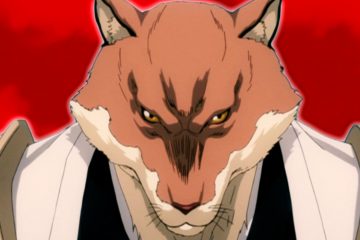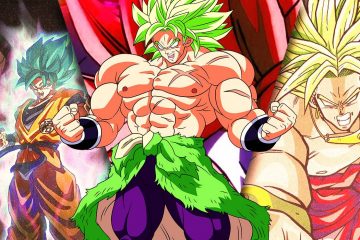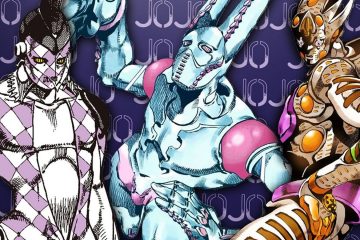Hunter x Hunter has garnered plenty of praise over the years, especially in light of its 2011 adaptation and latest manga arcs. It has an unpredictable story, likable characters, a well-developed and unique power system, and complex world-building. It also has deeper thematic elements and more intricate plotlines than most Shonen Jump manga can come up with. This is a luxury afforded by the constant hiatuses in addition to Yoshihiro Togashi’s years of manga writing experience. It also allows this story to invoke common tropes within the Shonen Jump catalog in interesting ways. Most are mistaken for subversion, but it’s just good storytelling.That said, HxH does subvert the battle shonen genre. The winding plot causes this series to veer off the path most mangaka would take to check off as many of the genre’s boxes as possible; this leads to generic stories, but it’s relied upon because it guarantees that most readers will remain hooked. Decisions and actions are made in HxH that defy this checklist all the time, but Togashi’s writing keeps readers engaged regardless.One way HxH is subversive is how it handles its battles or lack thereof. Most battle shonen arcs have their protagonists square off against the main villain, his top men, and maybe a few high-ranking officers in one-on-one battles; there are also henchmen, but they rarely pose a challenge. The arc’s climax often has the protagonist battle and defeat the main villain; friends can help, but the main character gets the credit for landing the decisive blow. The aftermath may see the recovering protagonist and his friends celebrate their hard-fought victory and tie together the themes of the arc before moving on to the next.RELATED: Hunter x Hunter Manga Author’s “Start Over” Tweet Hints at End of Hiatus
Hunter x Hunter has garnered plenty of praise over the years, especially in light of its 2011 adaptation and latest manga arcs. It has an unpredictable story, likable characters, a well-developed and unique power system, and complex world-building. It also has deeper thematic elements and more intricate plotlines than most Shonen Jump manga can come up with. This is a luxury afforded by the constant hiatuses in addition to Yoshihiro Togashi’s years of manga writing experience. It also allows this story to invoke common tropes within the Shonen Jump catalog in interesting ways. Most are mistaken for subversion, but it’s just good storytelling.
That said, HxH does subvert the battle shonen genre. The winding plot causes this series to veer off the path most mangaka would take to check off as many of the genre’s boxes as possible; this leads to generic stories, but it’s relied upon because it guarantees that most readers will remain hooked. Decisions and actions are made in HxH that defy this checklist all the time, but Togashi’s writing keeps readers engaged regardless.
One way HxH is subversive is how it handles its battles or lack thereof. Most battle shonen arcs have their protagonists square off against the main villain, his top men, and maybe a few high-ranking officers in one-on-one battles; there are also henchmen, but they rarely pose a challenge. The arc’s climax often has the protagonist battle and defeat the main villain; friends can help, but the main character gets the credit for landing the decisive blow. The aftermath may see the recovering protagonist and his friends celebrate their hard-fought victory and tie together the themes of the arc before moving on to the next.
#Hunter #Hunter #Subverts #Shonen #Tropes
Note:- (Not all news on the site expresses the point of view of the site, but we transmit this news automatically and translate it through programmatic technology on the site and not from a human editor. The content is auto-generated from a syndicated feed.))



